We all choose our own path in life, and we usually go with what we love or at least what we are good at.
There exists a profession in the world that is the exact opposite of ours, and that's stressful to our brains.
We simply cannot fathom how those people do it every day.
u/MisterTorchwick asked:
What profession makes you say "how do they do it?"
Here were some of those answers.
The Highest Of Stakes
 Giphy
GiphyReporters that go into dangerous and hostile warzones. They're not even allowed to carry a weapon. No amount of money could compel me to enter a warzone just to tell the people that are safe in their homes half a world a way about the situation they'll never have to experience.
Why I'm An AVID Pedestrian
Maybe this is just from my non-driver perspective, but I've been at a bus station and watched drivers reverse bay park giant double decker buses PERFECTLY in between 2 other giant double deckers, in one smooth, swift, move.
Pretty impressive.
Emotions Swirling
Nurses, specifically psych nurses. Some of the sh*t they deal with is ridiculous and would never be tolerated in any other job. Someone racist slurs at you? Grabbing you? Verbally sexually harassing you? Part of the job, those patients are exactly where society wants them but they still need people looking after them. Hats off to the people who can handle that.
Animation Time
Animators. I can't draw, so i can't imagine how did they manage to draw multiple drawing that flow flawlessly from one to another.
Years of practice, trial and error, study of anatomy and other fundamentals, and training yourself to be an active observer of how people (or animals or whatever) move. Plus, I don't think any of us get it just right on the first go, you start with rough drawings and refine refine refine.
I know people who draw beautifully but cannot get the hang of the acting part that brings life to animation, and people who are average at drawing but just have the knack for bringing those drawings to life.
Failure IS An Option
Physicists. How the heck do they come up with their theories and spend their whole lives trying to prove them, even though they could be badly mistaken?
Being badly mistaken is still a result if you can prove it. It stops others from attempting to do your work, and allowing them to focus on other venues. You normally learn more from failure than success.
Working With The Youths
Elementary school teachers! I like kids but nothing could compel me to have to be in a room with 20 - 30 kids every day. Not only do you have to keep them in one place and safe but you also need to teach them important skills.
Cave-Diving
Dental hygienists and dentists. The idea of picking around in people's mouths, where they might have old, nasty food stuck in teeth, bad breath, gunk on their tongues, and who the hell knows what else. I'm sure for every patient they get with decent teeth, there are ones that want to make them run away.
The Bull Is Nuts
Teachers. The amount of administrative overhead they have to deal with is insane. Furthermore, it's precisely the sort of thing you'd inject into the profession if you were trying to deliberately repel the kind of person who's likely to be infectiously enthusiastic about the subject matter.
I'll Stick To My Spreadsheets
Any profession in the food/drink service industry. Constantly being in a crowded, warm room having to talk to people you don't know and having to deal with difficult customers. It sounds like hell to me.
Especially professional cooks. I love cooking, but as an organic chemist I always think "cooking professionally is like doing what I do but everything has to be done at the same time and you have customers". On the other hand what they make doesn't cause cancer quite as quickly as what I make, so there's that. And they don't get to work with cool cool spreadsheets as often as I do.
It IS Brain Surgery, Actually, Meghan
 Giphy
GiphySurgeons.
The body is so complicated and delicate. I'm always baffled how they can slice someone open, carefully pick around every little tiny thing that they don't want to touch, and then operate on just one thing without accidentally killing the patient (or well usually not). Like with the precision necessary, I'm just amazed that surgery is practical. Especially when you get into REALLY delicate surgeries, like say brain surgery.







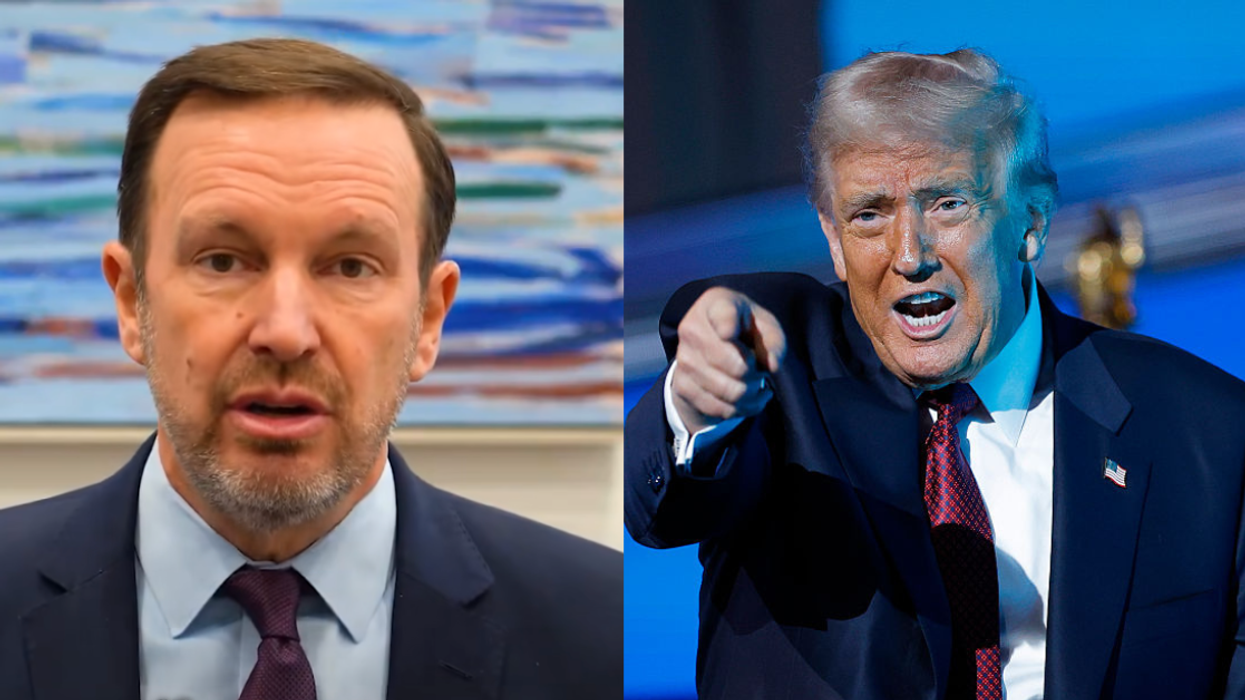
 @realDonaldTrump/Truth Social
@realDonaldTrump/Truth Social @realDonaldTrump/Truth Social
@realDonaldTrump/Truth Social @P78/Truth Social
@P78/Truth Social

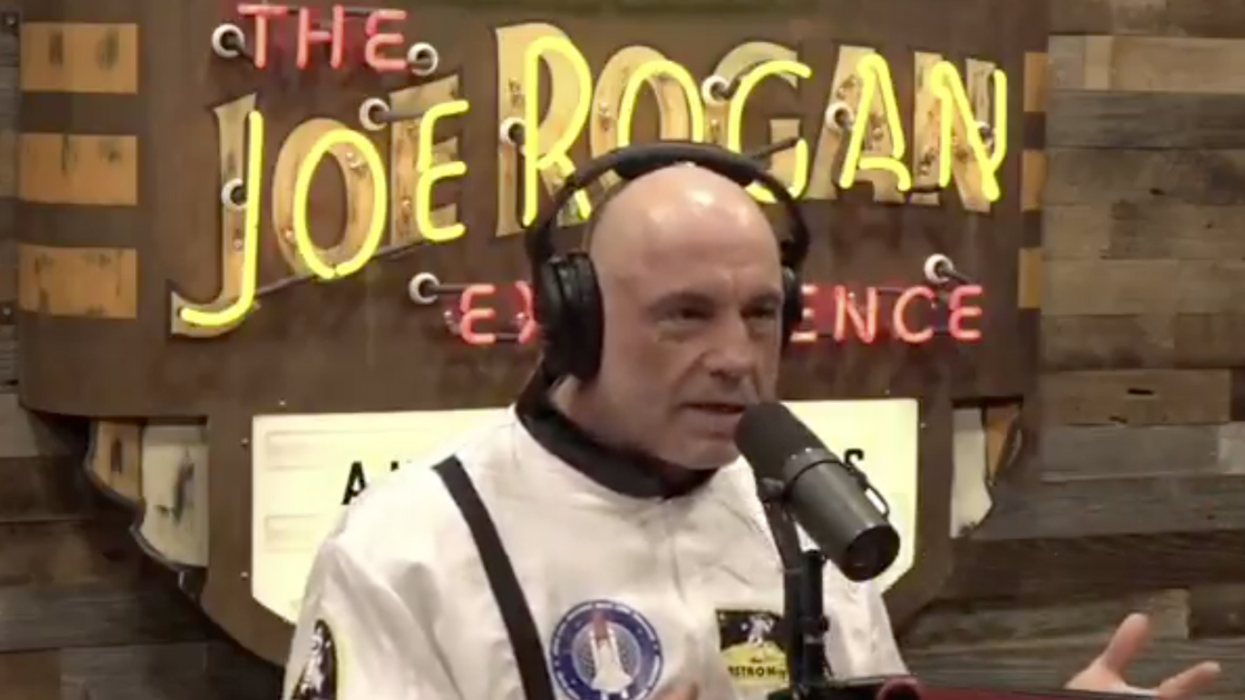


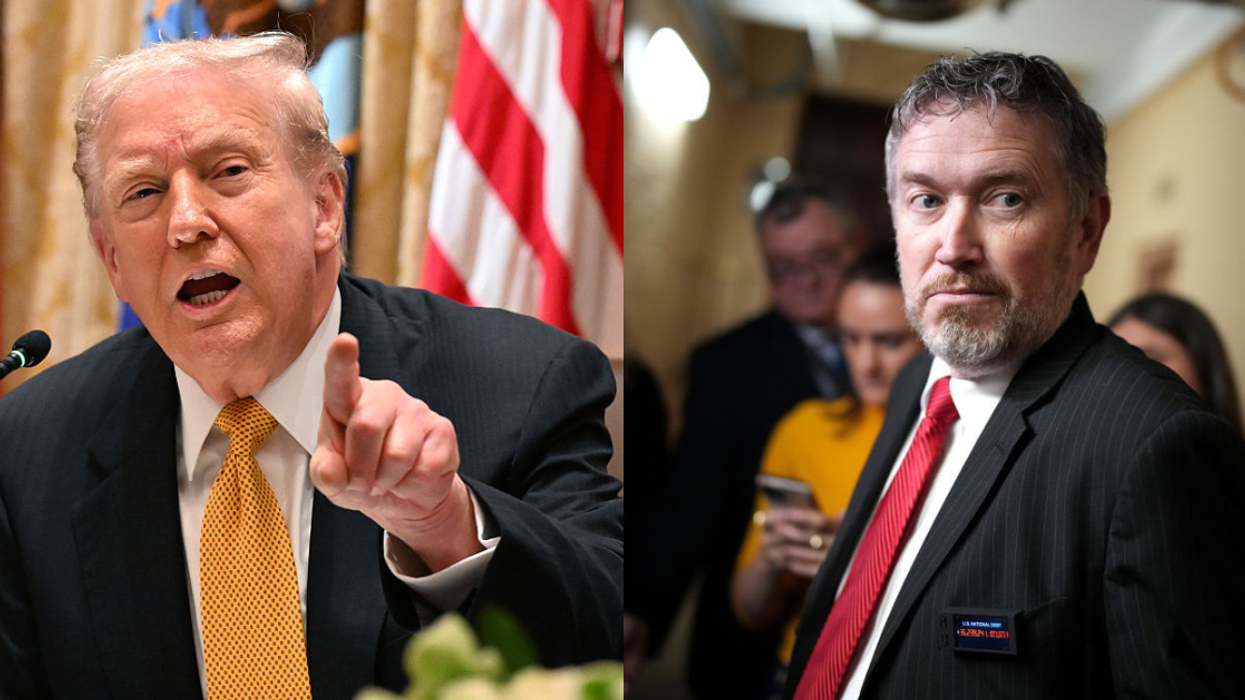

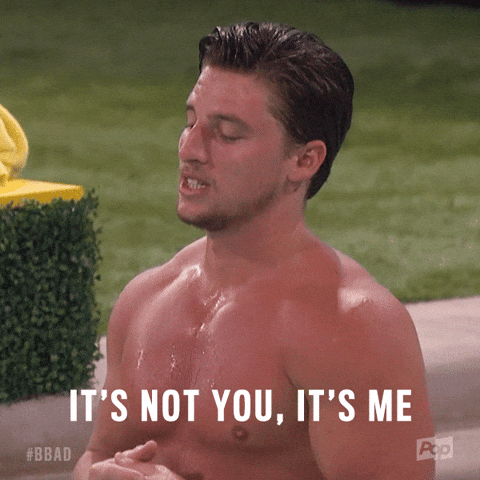 big brother pop GIF by Big Brother After Dark
big brother pop GIF by Big Brother After Dark 
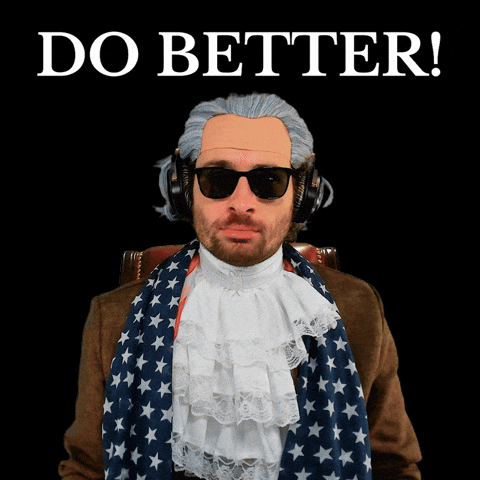 Unimpressed Get It Together GIF
Unimpressed Get It Together GIF 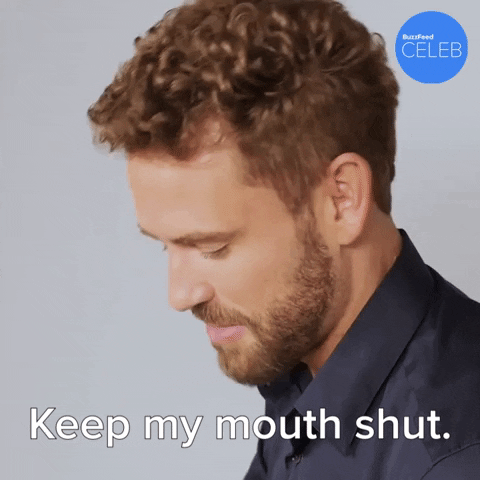 The Bachelor Shut Up GIF by BuzzFeed
The Bachelor Shut Up GIF by BuzzFeed 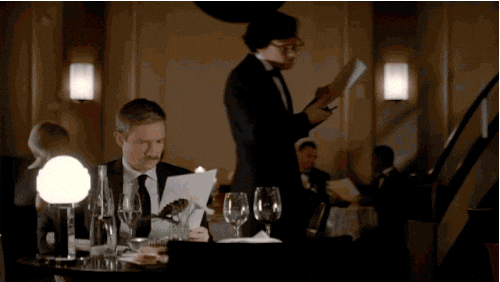 customer service waiter GIF
customer service waiter GIF 
 @prissyxoxo25/Threads
@prissyxoxo25/Threads @prissyxoxo25/Threads
@prissyxoxo25/Threads @prissyxoxo25/Threads
@prissyxoxo25/Threads @prissyxoxo25/Threads
@prissyxoxo25/Threads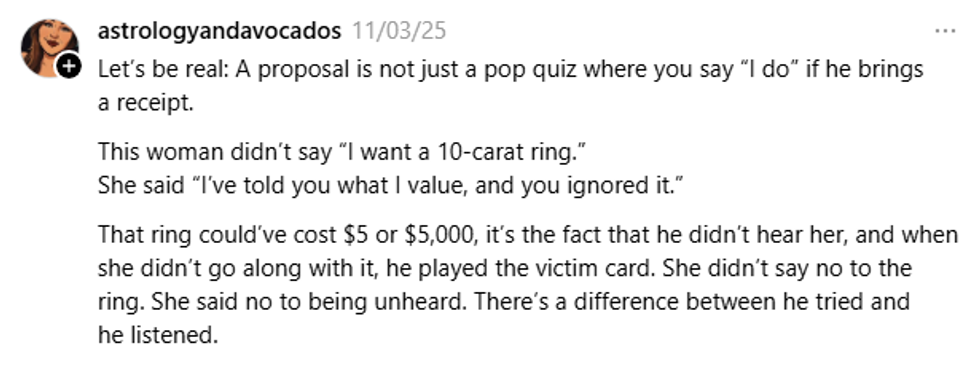 @prissyxoxo25/Threads
@prissyxoxo25/Threads @prissyxoxo25/Threads
@prissyxoxo25/Threads @prissyxoxo25/Threads
@prissyxoxo25/Threads @prissyxoxo25/Threads
@prissyxoxo25/Threads @prissyxoxo25/Threads
@prissyxoxo25/Threads @prissyxoxo25/Threads
@prissyxoxo25/Threads @prissyxoxo25/Threads
@prissyxoxo25/Threads @prissyxoxo25/Threads
@prissyxoxo25/Threads @prissyxoxo25/Threads
@prissyxoxo25/Threads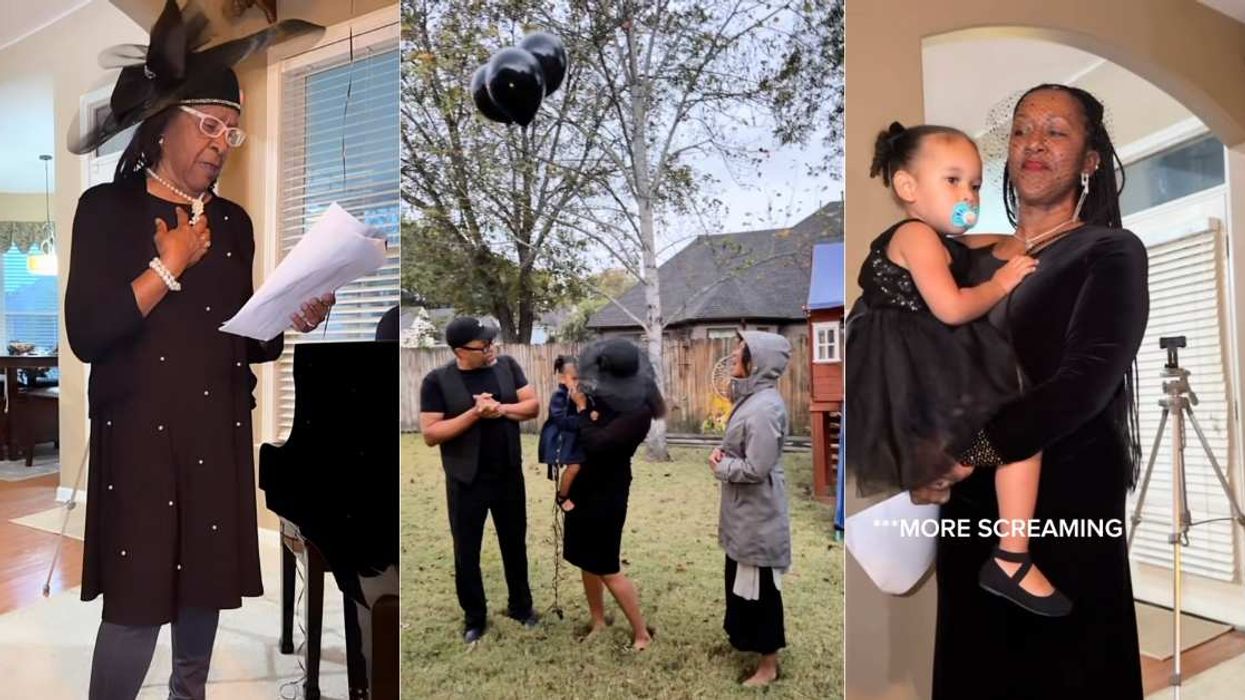
 @lookitskateeee/TikTok
@lookitskateeee/TikTok @lookitskateeee/TikTok
@lookitskateeee/TikTok @lookitskateeee/TikTok
@lookitskateeee/TikTok @lookitskateeee/TikTok
@lookitskateeee/TikTok @lookitskateeee/TikTok
@lookitskateeee/TikTok @lookitskateeee/TikTok
@lookitskateeee/TikTok @lookitskateeee/TikTok
@lookitskateeee/TikTok @lookitskateeee/TikTok
@lookitskateeee/TikTok @lookitskateeee/TikTok
@lookitskateeee/TikTok @lookitskateeee/TikTok
@lookitskateeee/TikTok